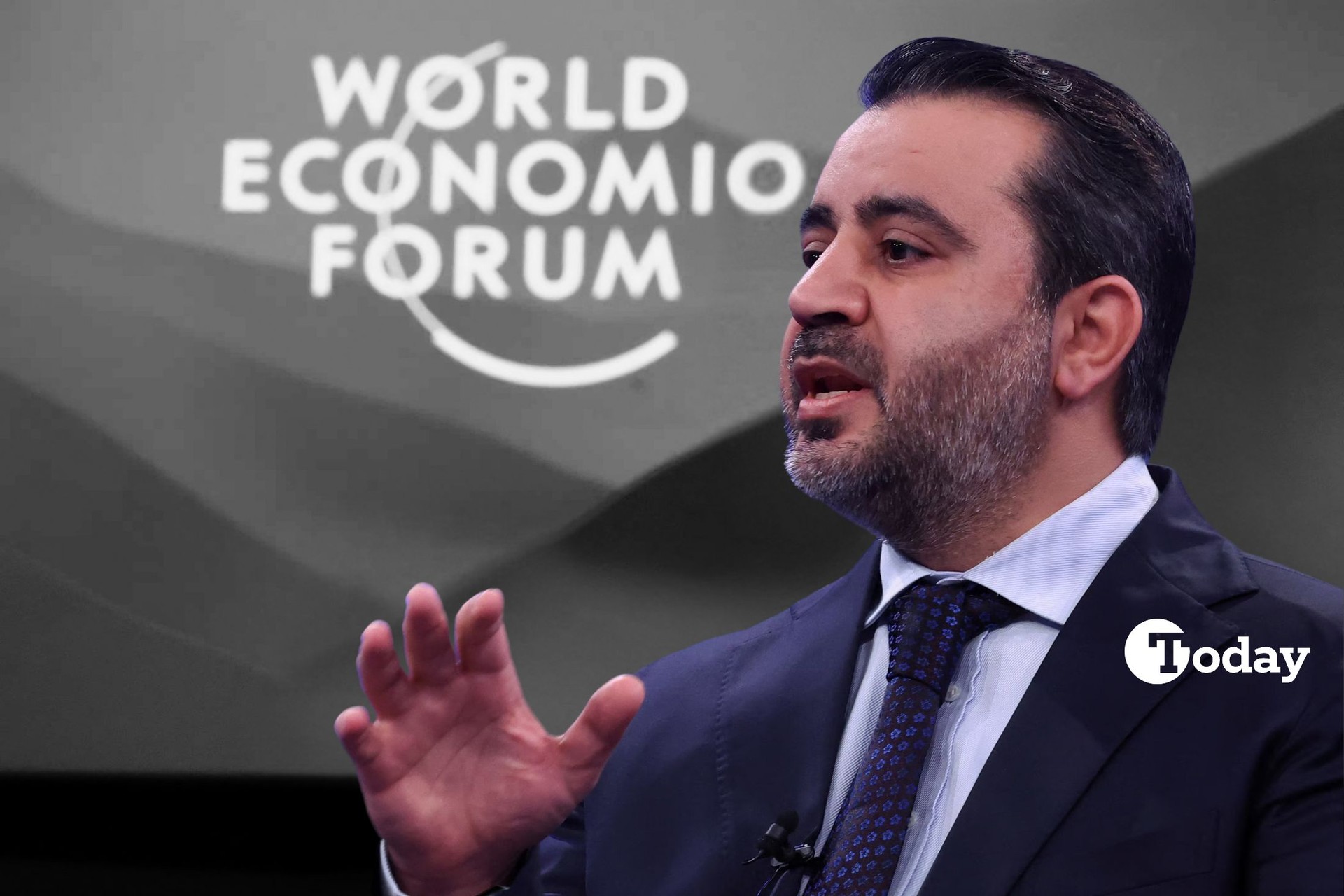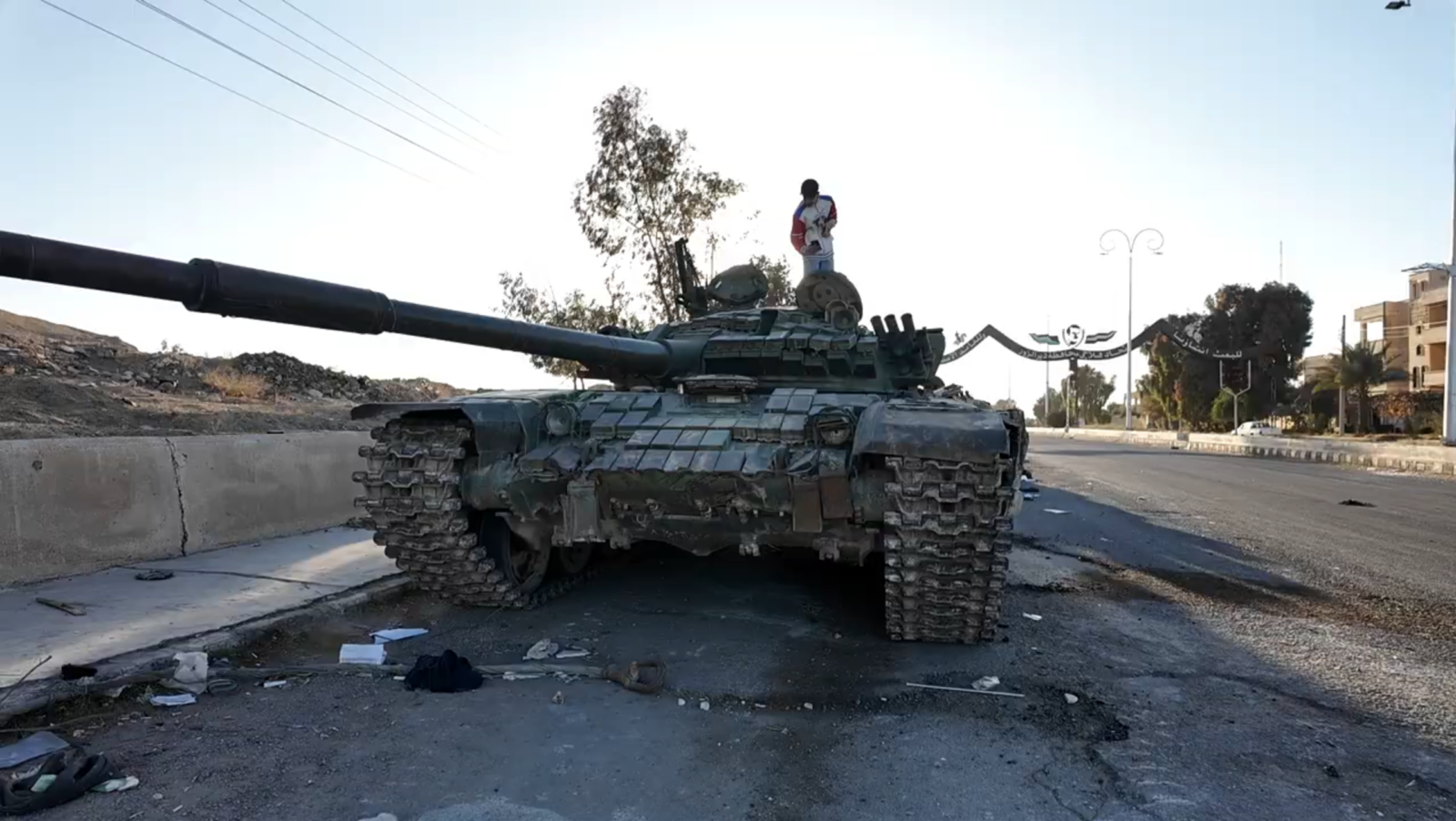
In a recent statement on Wednesday, Syria’s newly-formed government’s Foreign Minister Asaad al-Shaibani highlighted a “special relationship” between Syria and Türkiye, addressing concerns regarding Türkiye’s potential 'undue' influence in Syria’s post-conflict future.
The minister firmly dismissed any suggestions of subjugation or “Turkish expansion” in the region, saying, “There will not be nor is there subjugation.”
The Syrian government’s priority, according to Shaibani, is not to threaten its neighbors or export instability but to strengthen alliances that will secure long-term prosperity. The attempt to define its post-conflict trajectory comes as Syria addresses apprehensions in both the Arab and Western worlds about Türkiye’s expanding role.
Türkiye recognizes that Syria’s reconstruction will require substantial financial contributions from international actors, including the European Union. European Commission President Ursula von der Leyen recently announced increased EU engagement in Syria’s recovery, focusing on critical infrastructure such as electricity and water. Türkiye has welcomed these efforts, viewing them as complementary to its regional strategy.
A few days after the collapse of the Assad regime, Turkish officials have taken steps to directly engage Gulf nations, including Saudi Arabia and the UAE. Recognized for their substantial financial resources, these countries are seen as collaboration partners in rebuilding Syria, rather than as players in a balance-of-power dynamic.
By inviting Gulf states to invest in and support Syrian recovery, Türkiye aimed to curb regional divides while securing economic backing for Syria's reconstruction efforts and having a stable neighbor on the longest border.
Turkish President Recep Tayyip Erdogan has sought to reassure Gulf leaders, emphasizing that their concerns regarding Türkiye’s role in Syria will be addressed. Türkiye envisions a collaborative approach, where Gulf nations, alongside other regional powers, play a key role in stabilizing Syria and integrating its emerging leadership into the broader Middle Eastern landscape.
The Arab world’s caution regarding Türkiye’s role in Syria stems from broader geopolitical considerations. Countries like Saudi Arabia and the UAE have long been wary of Ankara’s regional influence, particularly in areas where Turkish influence might challenge their strategic interests. This wariness underscores why Syria is treading carefully, and balancing its ties.
Syria’s new government has shown sensitivity toward the concerns of countries that view ideological movements as a potential destabilizing force. Shaibani stressed that Syria does not intend to “export the revolution or get involved in other states’ affairs,” signaling a commitment to regional stability.
This stance was underscored by the recent arrest of a member of leading government group HTS, who allegedly sought to seeking to incite revolutionary activities within Egypt.

Ahmet Uysal, a prominent regional analyst, compared the emerging Syria-Türkiye relationship to that of the United States and Canada. Uysal noted that the two nations are poised to become “well-integrated allies,” reflecting a partnership based on mutual interests and close cooperation rather than domination of any side. The analogy highlights a potential model for harmonious relations, respecting each country’s sovereignty despite differences in size.
The vision of Syria and Türkiye as integrated allies underscores the importance of balanced collaboration, especially as both countries address shared challenges such as regional stability, economic recovery, and the reconstruction of war-torn areas. However, achieving this level of integration will require careful diplomacy, trust-building, and respect for each nation’s distinct priorities.
One of the most pressing issues for Syria’s new leadership is the status of the Kurdish-led SDF, which has been a crucial U.S. ally in the fight against Daesh. Ankara views the SDF as an extension of the Kurdish separatist group PKK, which has waged a long-standing insurgency against Türkiye. Türkiye has threatened military action in northern Syria unless the SDF is disbanded.
The Syrian government has initiated efforts to dismantle the SDF and integrate its members into the national military framework, emphasizing the need for Syrian unity. Shaibani stated that discussions with SDF representatives are ongoing and noted that the government is prepared to assume control of SDF-managed prisons holding thousands of Daesh fighters. Additionally, new Syrian leadership has pledged to guarantee Kurdish rights in a new constitution and ensure their representation in the government. Shaibani underlined that the SDF’s existence “no longer has justification.”

As Syria redefines its relationship with the region and the world, the stakes are high for the broader Middle East. Syria moves carefully a path that accommodates both its special ties with Türkiye and the sensitivities of the others. The coming years will determine whether this relationship evolves into a model of integration or remains a source of contention in a complex geopolitical landscape.